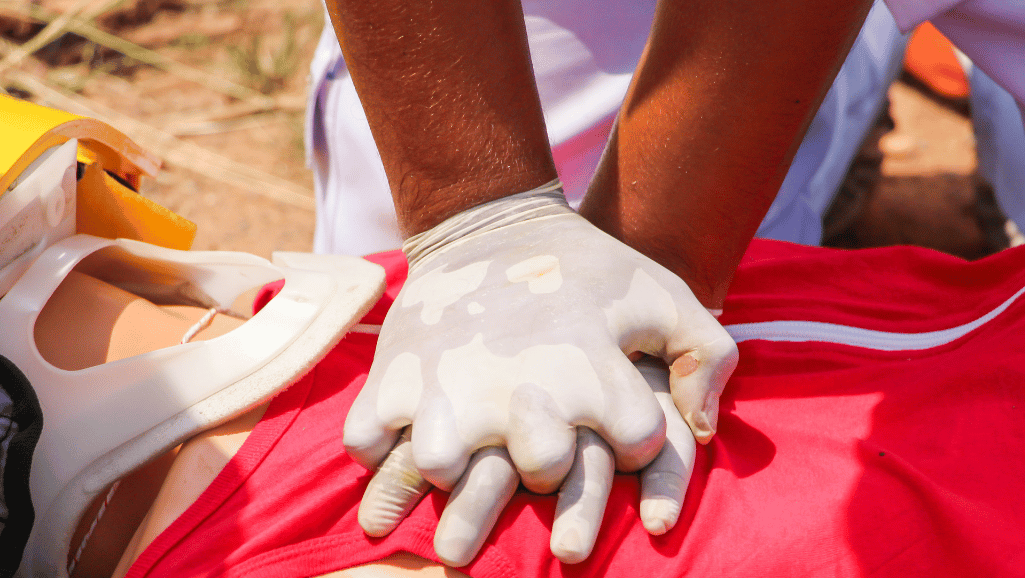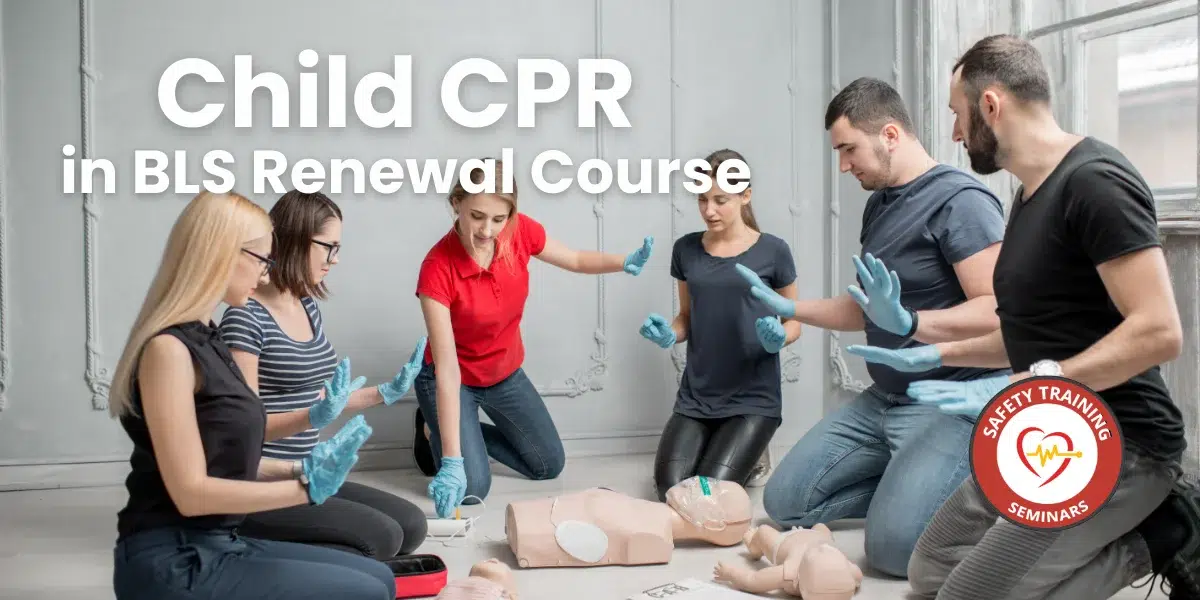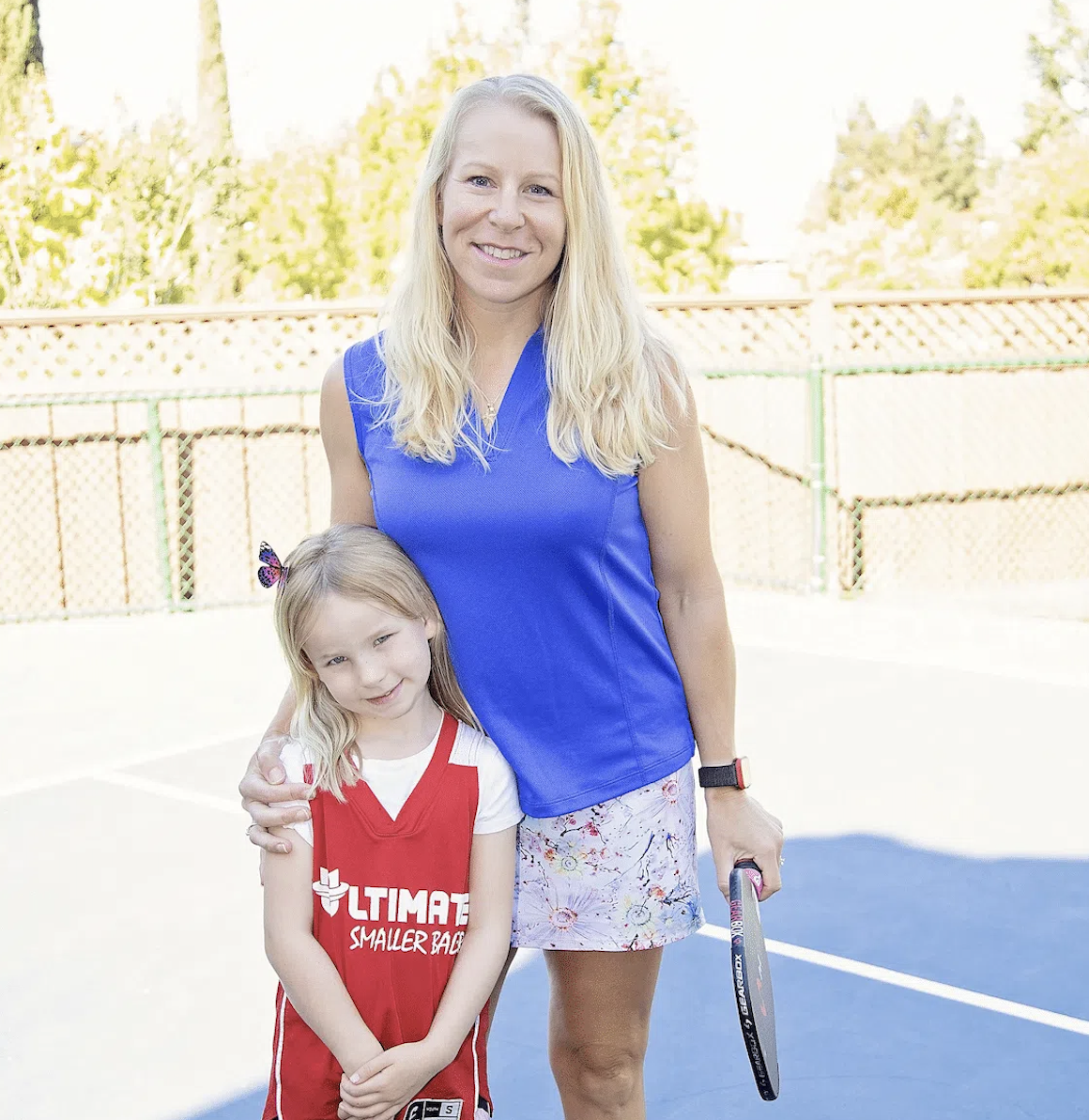Have you ever wondered how effective CPR (Cardiopulmonary Resuscitation) really is? If you watch medical dramas, you might think CPR works almost every time. However, real-life statistics tell a different story. Understanding CPR success rates is essential for recognizing its importance and knowing what to expect when faced with a cardiac emergency.
Cardiopulmonary Resuscitation (CPR) is a life-saving procedure that can increase the survival chances of someone suffering from cardiac arrest. But how effective is it? The short answer is that CPR’s success largely depends on factors. Let’s break it down.
How Successful is CPR?
Success rates for CPR can vary depending on where the cardiac arrest occurs, who is administering it, and the time taken to start. Here’s a breakdown of the key data:
Out-of-Hospital Cardiac Arrest (OHCA)
When cardiac arrest happens outside of a hospital, survival drops significantly. According to the American Heart Association (AHA), around 356,000 out-of-hospital cardiac arrests (OHCA) occur annually in the US, and only about 9-10% of these patients survive until hospital discharge.
Immediate bystander CPR can, however, double or triple survival rates, increasing the odds to approximately 20-30%. But the stark reality is that only 40% of cardiac arrest victims receive CPR before emergency medical services (EMS) arrive.
CPR in Hospitals
Hospital settings generally fare better in terms of CPR success. Success rates for CPR performed in hospitals can range from 15% to 20%, with survival to discharge often around 12%, as noted in several studies. This is likely thanks to immediate access to professional care, advanced machines, and trained staff.
Still, despite these advantages, the number remains low because cardiac arrests often involve severe underlying health conditions which limit the odds of successful recovery.
What Affects CPR’s Effectiveness?
Why does CPR work better in some situations than others? Several variables come into play:
1. Location Matters
The likelihood of CPR success greatly depends on where the cardiac arrest happens:
- Home(73.4% of OHCA incidents): Often, family members are untrained in CPR, leading to delayed or improper resuscitation attempts.
- Public Settings(16.3%): Places with AEDs (automated external defibrillators) and higher emergency response readiness see better outcomes.
- Workplaces(10,000 cardiac arrests annually in the U.S.): Only half of employees know CPR or can locate an AED, leading to lost opportunities for survival.
2. Response Time
Each passing minute without CPR reduces survival chances by 7-10%. Early intervention ensures the brain and vital organs receive oxygenated blood until professional help arrives.
3. Bystander Response
Though 40.2% of OHCAs receive bystander CPR, hesitation to intervene remains a barrier. Public initiatives like compression-only CPR aim to address this, as studies find no significant survival differences between traditional and hands-only methods.
4. Use of Defibrillators
Defibrillators can double survival rates. A study emphasizes that early defibrillation, combined with bystander CPR, improves outcomes by maintaining a shockable heart rhythm. Yet, access to AEDs remains inadequate, especially in low-income neighborhoods and underserved areas.
5. Patient Demographics
- Older patients (60+ years) have generally lower survival rates compared to younger individuals.
- CPR outcomes are also linked to underlying health conditions, such as cardiac, respiratory, or neurological diseases.
6. Duration of CPR
The length of time CPR is performed matters. Survival rates drop significantly when CPR extends beyond 10 minutes, as prolonged cardiac arrest often leads to irreversible damage.
7. Type of CPR
- Compression-Only CPR (COCPR): Many organizations now teach hands-only CPR (chest compressions without mouth-to-mouth breathing), especially for bystanders. Studies show COCPR and traditional CPR are equally effective for adult cardiac arrests.
- Traditional CPR: Best performed with rescue breaths, traditional CPR is especially effective in cases like pediatric cardiac arrests or when respiratory issues cause arrest.
CPR in Popular Media vs. Reality
Medical TV shows like Grey’s Anatomy or House often portray unrealistic CPR success rates of 69.6%, compared to the actual range of 9-12%. These misrepresentations influence public perception, leading to inflated expectations and sometimes, critical delays in decision-making during real emergencies.
Why Immediate CPR Matters
CPR is a critical link in the “chain of survival,” which includes:
- Early recognition of cardiac arrest.
- Immediate activation of emergency medical services (EMS).
- Early initiation of CPR.
- Early defibrillation if a defibrillator is available.
The Role of Bystander CPR
Bystander CPR is one of the most significant factors in determining survival outcomes. Unfortunately, only about 40% of cardiac arrest victims outside the hospital receive bystander CPR. Here’s why bystanders make a difference:
- Prevents critical delays: CPR ensures blood flow to vital organs until professional medical support arrives.
- Keeps the heart in a shockable rhythm: CPR prevents the heart’s rhythm from deteriorating, increasing the likelihood of successful defibrillation.
- Improves long-term outcomes: Patients who receive CPR have better neurological recovery rates and improved quality of life post-cardiac arrest.
Common Challenges in Public CPR
Despite its importance, several barriers exist:
- Lack of training: Many people feel unprepared to administer CPR because they’ve never learned the technique.
- Hesitation to act: Fear of making a mistake or harming the victim often discourages bystanders from stepping in.
- Access to AEDs: Automated External Defibrillators (AEDs) are critical tools for survival, but only 11.7% of victims in public spaces receive AED assistance.
Improving CPR Survival Rates
The current statistics show there’s room for improvement. Here’s what can help:
- Increase Public CPR Training: With only 55% of employees receiving CPR training, businesses and healthcare advocates must prioritize education. Adding CPR training as a high school graduation requirement, as proposed in some states, can significantly increase the number of capable bystanders.
- Make AEDs Accessible: Strategic placement of AEDs in public spaces, workplaces, and schools can save countless lives. Policies encouraging the routine upkeep of AEDs are equally important.
- Promote Compression-Only CPR: Simplifying CPR to chest compressions helps overcome the reluctance many bystanders feel due to concerns about rescue breathing. Compression-only CPR has proven to be just as effective for adult cardiac arrests as traditional CPR.
Why Learning CPR Matters
If you witness a cardiac arrest, acting quickly can mean the difference between life and death. Learning CPR is a responsibility we all share, and participating in CPR training programs prepares you to take action confidently.
Remember:
- Start compressions immediately if you see someone collapse and stop breathing normally.
- Call 911 and locate an AED if one is nearby.
- Continue CPR until professional help arrives.
Every action you take as a bystander boosts a person’s survival odds, often doubling or even tripling their chance to live.
Taking Action to Save Lives
There is no such thing as being “too prepared” when it comes to emergencies. Whether you are at home, work, or in public, having the knowledge and confidence to perform CPR can change the outcome of a life-or-death situation.
If you haven’t learned CPR yet, start today by signing up. Safety Training offers expert-led CPR courses at over 65 locations across Northern California, making it easy to get the training you need.
Start by being ready. Start by learning CPR.
For those aiming to improve survival outcomes in emergencies, attending BLS CPR Classes in San Jose ensures you’re trained to act effectively. If you’re looking for affordable learning opportunities, explore available free CPR Classes in Northern California that make life-saving skills more accessible to everyone.




